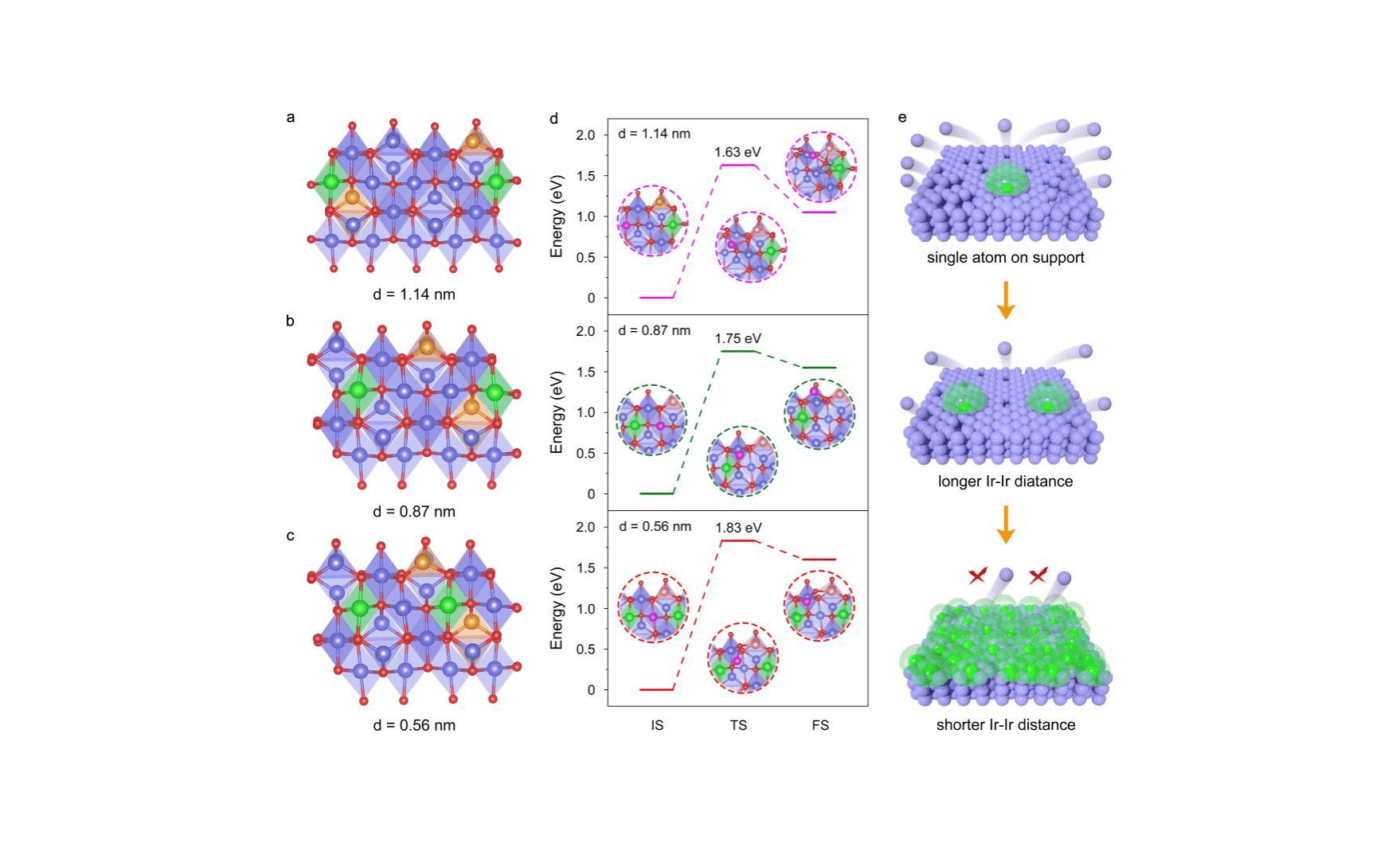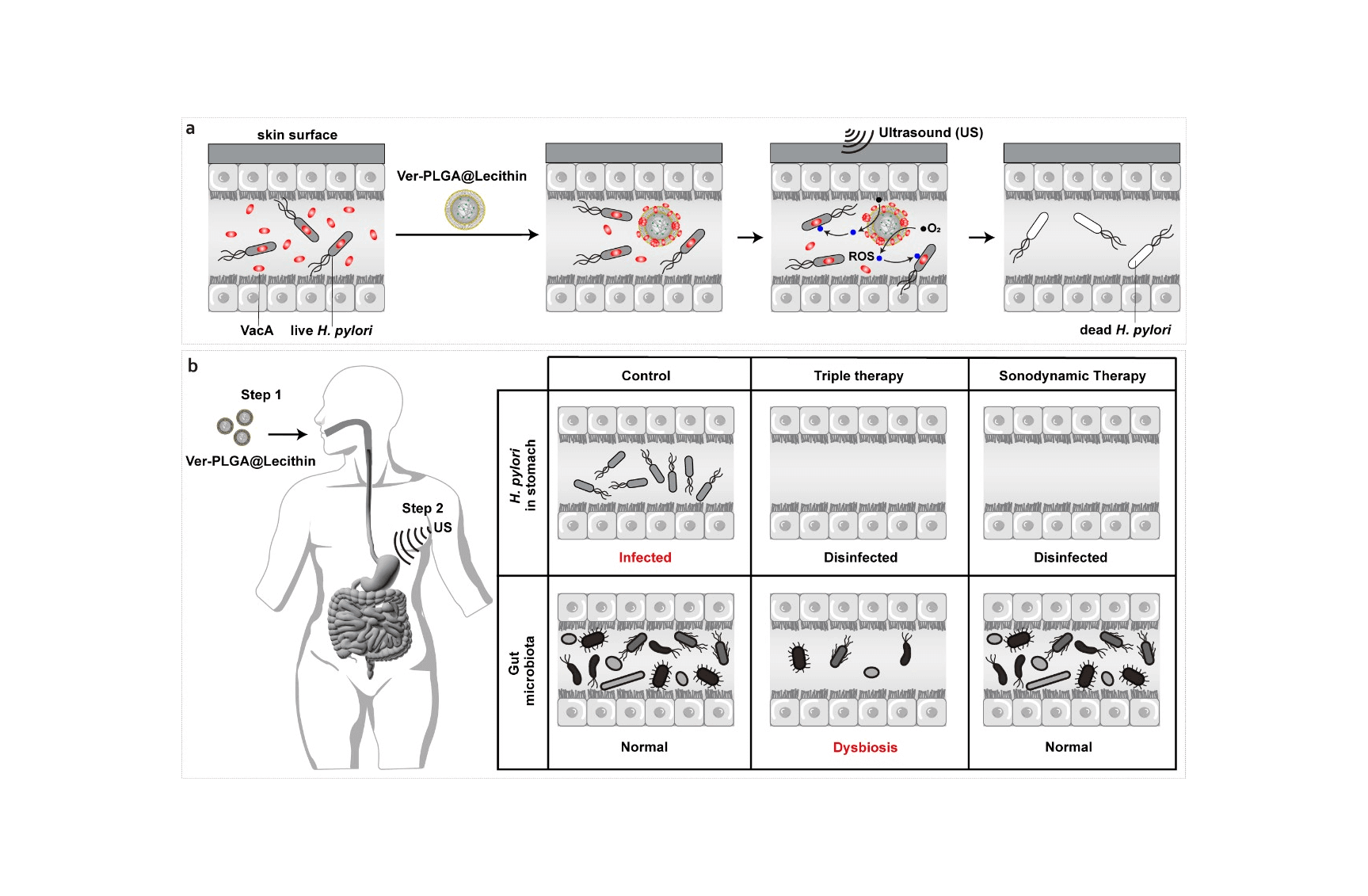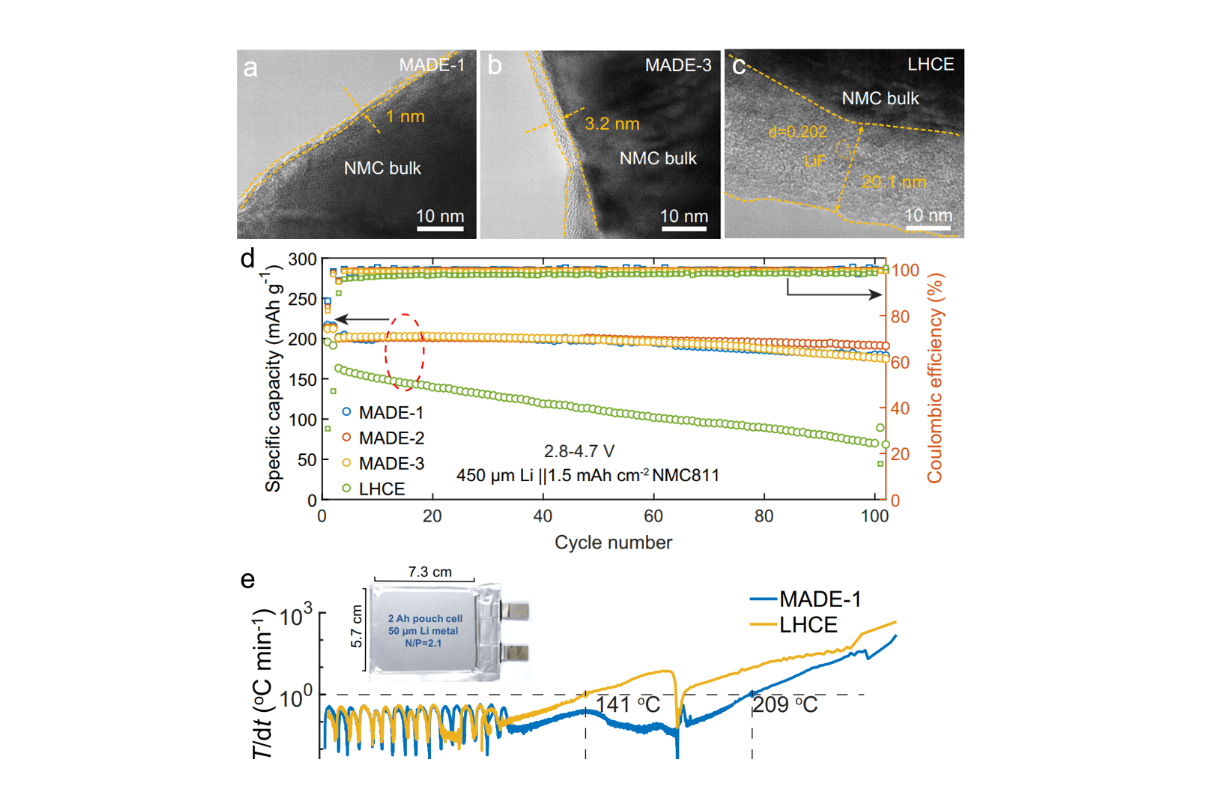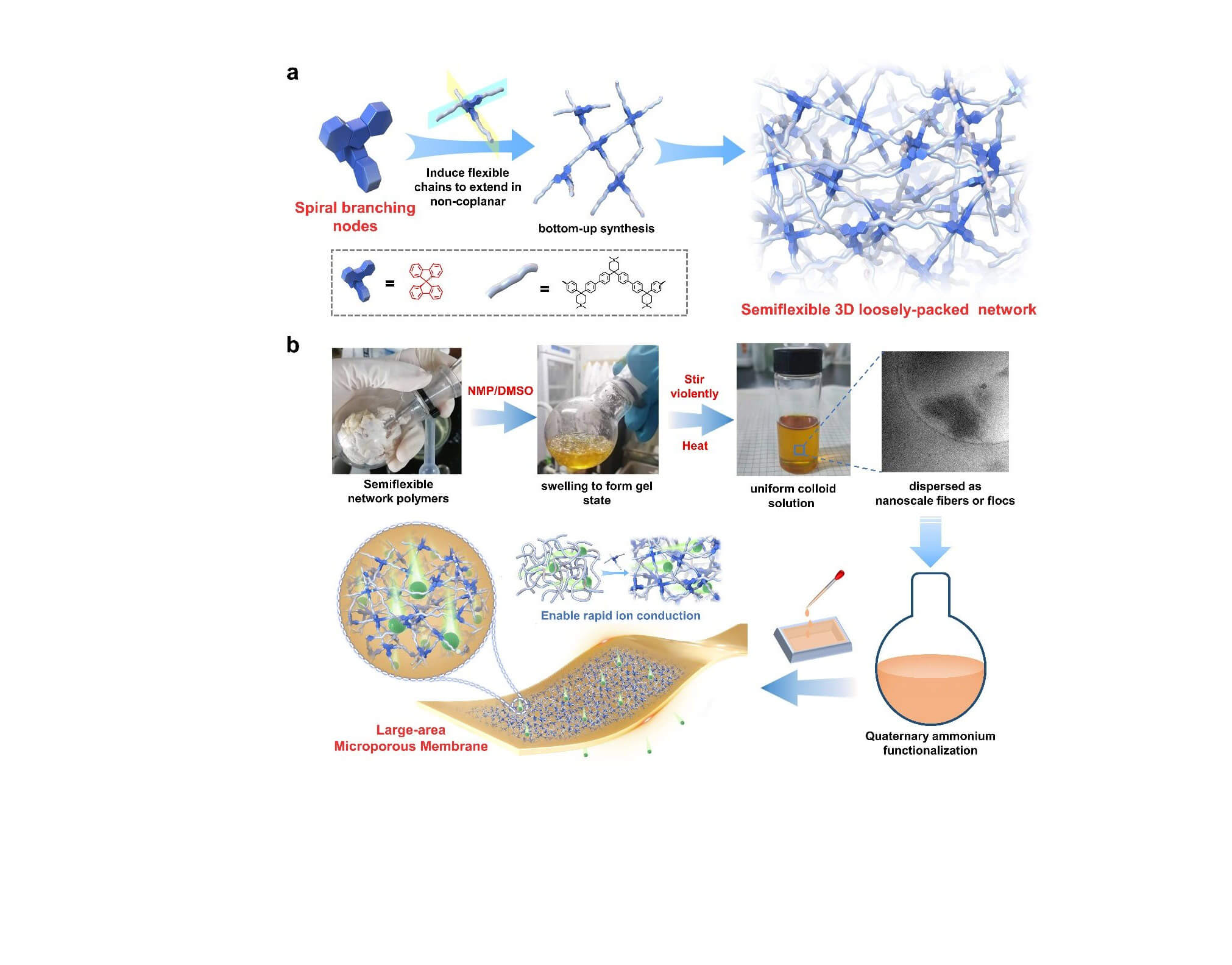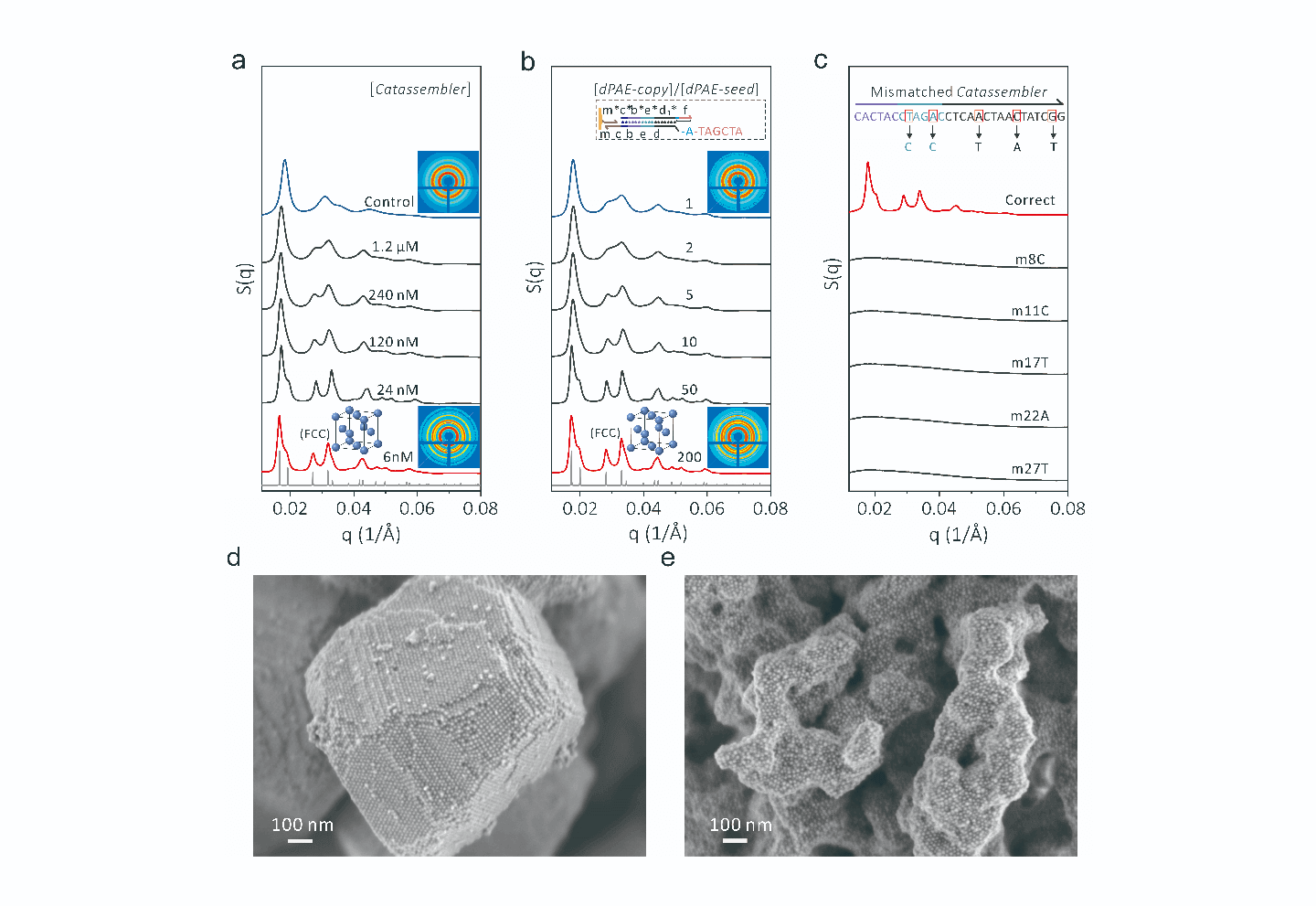CAS Key laboratory of Urban Pollutant Conversion
Chinese Academy of Sciences (CAS) Key laboratory of Urban Pollutant Conversion was jointly founded on August, 2014 by the University of Science and Technology of China and the Institute of Urban Environment, CAS. The orientation of this key laboratory is to set up a research platform that covers new technologies, new methods and new theories for urban pollutant control, as well as a personnel training base with international level and continuous innovation ability.
The main research activities of this lab include:
(1) New theories and technologies for pollutant separation and water purification;
(2) Resource recovery from wastes;
(3) Bioenergy production using organic wastes.
At present, there are about 45 research staffs in this laboratory, including 2 winners of National Science Foundation of China (NSFC) fund for Distinguished Young Scholars, 1 winner of “Cheung Kong Scholars Programme”, 5 winners of “Thousand Talents Program” and “Ten Thousand Talents Program”, 1 winner of “Leading Talents Program”, 8 winners of “Hundred Talents Program” of CAS, 4 winners of National Science Foundation of China (NSFC) fund for excellent Young Scholars. Now, the director of academic committee of this laboratory is Prof. Jin-Cai Zhao, academician of the Chinese Academy of Sciences, and the director of the laboratory is Prof. Han-Qing Yu from the University of Science and Technology of China.
Anhui Province Key laboratory of Biomass Clean Energy
The Laboratory of Biomass Clean Energy was founded by University of Science and Technology of China in 2001 and became the Anhui Province Key Laboratory on December 18, 2007. It is one of the earliest laboratories in China which focuses on biomass conversion and application to solve the energy and environment crisis caused by fossil fuel consumption. To develop effective conversion system and achieve renewable fuels, chemicals, and materials from biomass, the laboratory members have integrated multidisciplinary approach including organic chemistry, chemical physics, catalysis, material science, chemical engineering and thermal engineering etc. Theoretic and experimental studies on the biomass macromolecules (lignocellulose cellulose, hemicelluloses and lignin) depolymerization and the important intermediates and platform molecules conversion are conducted to get further insight into the fundamental issues in biomass conversion science and technology, such as controllable formation of target products, the relationships between the structure of the catalyst and the performance. Large scale biomass pyrolysis system, hydrolysis system and the following platform molecules conversion system have been developed for industrial applications. The laboratory has built up complete scientific research and large scale application systems for biomass valorization.
The interested research subjects include:
(1) Development of new biomass and biomass platform molecules reactions;
(2) Depolymerization of biomass via green chemistry;
(3) Fast pyrolysis and catalytic fast pyrolysis of biomass under different atmosphere to selectively produce value-added liquid fuel, syngas, chemicals and carbon materials;
(4) Synthesis of cellulose derived polymeric materials;
(5) Design and production of novel nano-catalysts for biomass conversion;
(6) Investigation of thermodynamics, kinetics, and mechanism of biomass and platform molecules conversion.
Anhui Province Key laboratory of Advanced Functional Materials
Under construction...CAS Key Laboratory of Soft Matter Chemistry
Chinese Academy of Sciences (CAS) Key Laboratory of Soft Chemistry was founded on December 29, 2009. The laboratory research is concentrated on multi-disciplinary compromise and overlapping among chemistry, physics, and biology in the area of soft matter. Theoretic and experimental studies on the aggregation structure of soft matter and their modulation strategies are conducted to get further insight into the basic problems in soft matter science and technology, such as controllable formation of soft matter with versatile structures, the relationships among the structure, response behaviors and physical properties. Our aim is to solve the key techniques and elementary problems in soft matter materials application, especially in biomedical materials, optoelectronic materials and separation materials, and eventually make contributions to the progressive development in both scientific research and country economy.
The main research activities of this lab include:
(1) Molecular design and synthesis of soft matter materials;
(2) Aggregation structure modulation of soft matter materials;
(3) Biomedical soft matter materials;
(4) Soft matter optoelectronic information materials;
(5) Soft matter separation materials.
Lab homepage: http://smc.ustc.edu.cn/index.html
CAS Key Laboratory of Materials for Energy Conversion
CAS Key Laboratory of Materials for Energy Conversion can be traced back to the Friction and Solid Imperfection Joint Key Laboratory (the part at University of Science and Technology of China). In 2004, it was expanded and renamed as Anhui Province Key Laboratory of Advanced Functional Materials. In 2007, it cooperated with Shanghai Institute of Ceramics under the guideline of “Cooperation of Institutes and Departments” and was renamed as New Energy Materials Joint Laboratory. In 2008, it was officially endorsed as CAS Key Laboratory of Materials for Energy Conversion, affiliated to University of Science and Technology of China and Shanghai Institute of Ceramics.
The orientation of this laboratory is to set up an interdisciplinary center that covers design, preparation and application of new energy materials and also an education base, with solid imperfection physical chemistry as fundamental discipline, highly efficient energy conversion materials as principal study object, preparation of ceramics and membrane as research strategy, fuel cells, thermo/photo-electric devices and highly efficient energy storage battery as prior research topic. The main research activities of this Lab include: (1) solid imperfection physical chemistry and materials design; (2) preparation of energy conversion materials and key techniques; (3) key materials of fuel cells; (4) thermoelectric and photoelectric conversion materials; (5) key materials of energy storage battery. Multi-disciplinary cross and complementary are quite encouraged, especially in discipline of materials, chemistry, physics and energy science. Though constructional design and controllable preparation of materials, combined with performance analysis, this laboratory aims at discovering and recognizing the mechanism of energy conversion and storage, and dissolving key technical problems of fuel cells, photoelectric conversion devices and energy storage batteries.
At present, there are about 42 research staffs in this laboratory, including 25 professors (research investigators), 1 winner of “Thousand Talents Program”, 5 winners of National Science Foundation of China (NSFC) fund for Distinguished Young Scholars, 12 winners of “Hundred Talents Program” of Chinese Academy of Sciences (CAS), 1 winner of “New Century Excellent Talents of Ministry of Education, and 1 winner of “Hundred, Thousand, Ten Thousand Talents” program. Now, the director of academic committee of this laboratory is Prof. Li-Quan Chen, academician of the Chinese Academy of Engineering, and the director of the laboratory is Prof. Chu-Sheng Chen.
Currently, the laboratory embraces two super-clean labs and five research groups, i.e. solid imperfection and transport group, preparation of materials and key techniques group, fuel cells and fuel processing key materials group, energy storage battery and key materials group, thermo-electric conversion materials group. The instruments and equipments of this laboratory include scanning electron microscope (SEM), X-ray measurement system, laser conductometer, Mbraun UNLAB inert gas glove box, dual-chamber ultrahigh vacuum multifunction sputtering system, 5 KW-level fuel cell test platform, spark plasma sintering equipment and so on. Some of the equipments characterize national top-class level.

